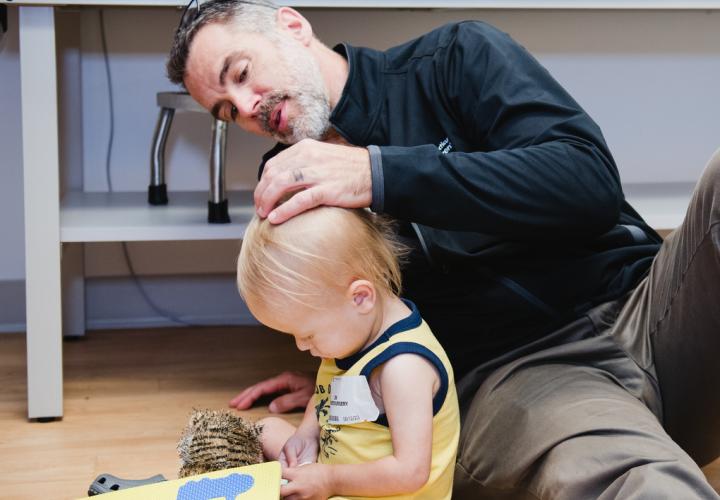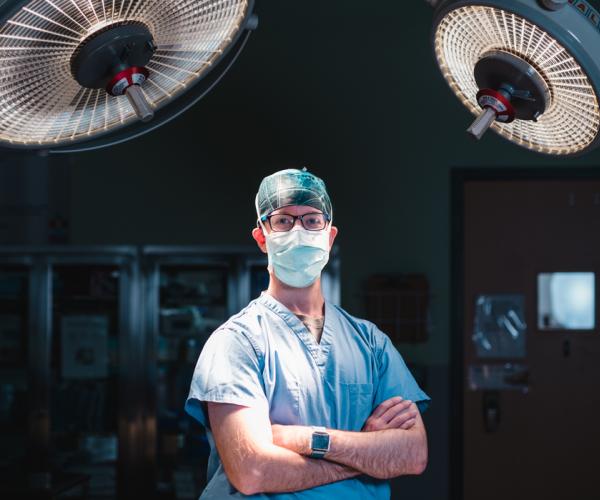Innovative Surgical Techniques and Outcomes
Comprehensive, Compassionate Care
Our team of board-certified pediatric neurosurgeons at Connecticut Children’s are skilled in treating even the most complex disorders of the central nervous system.
Neurosurgery
Our doctors diagnose and treat infants, children, and teens with the full range of disorders that affect the brain, spinal cord, and nervous system, including: craniofacial disorders, cerebral palsy and spasticity (including CP signs in babies), brain and spinal cord tumors, Chiari malformation (type 1), hydrocephalus, spinal cord malformations, spinal deformities, and vascular abnormalities.
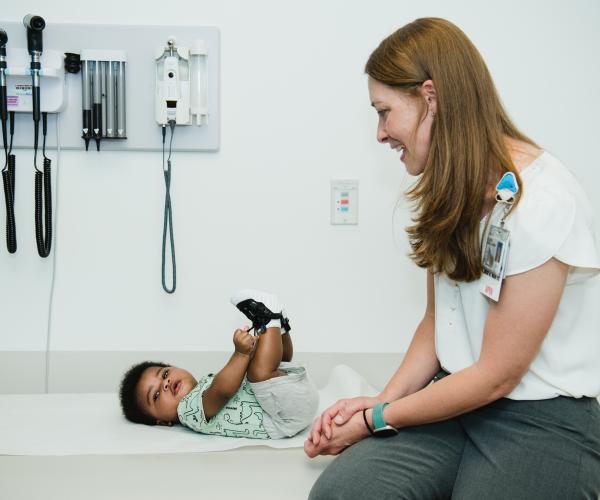
Your Partner at Every Step
Our pediatric neurosurgeons can manage or treat most conditions without the need for surgery. If your child does require neurosurgery, we’ll be by your side every step of the way. All our neurosurgeons see patients at least twice a day while they’re in the hospital with us and can answer any questions you or your child may have during your stay. In addition, our experienced nurses and support staff members are available for any needs you may have.
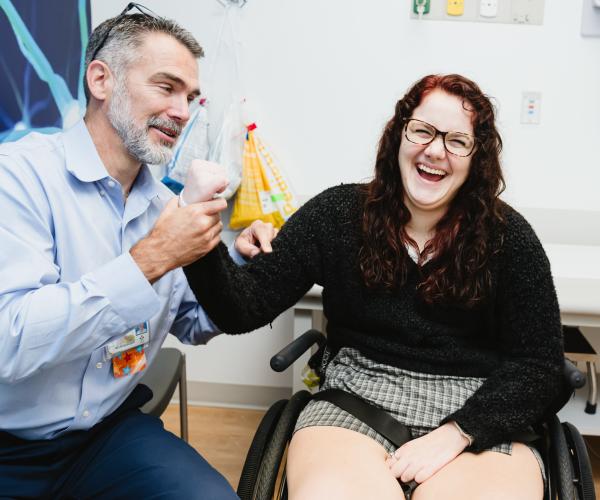
A Visit to the Pediatric Neurosurgeon: What to Expect
Connecticut Children’s pediatric neurosurgery team will walk you through what happens at your child’s first appointment.
The process varies a bit based on why your child is seeing us, but in general there are a few things you can expect.
- First, we will get a referral from your pediatrician which gives us information about why you need to see our team as well as information about your child’s medical history. The referral also helps our team figure out how quickly your child needs to be seen.
At Connecticut Children’s, our neurosurgery team recognizes the importance of timely care when urgent treatment is needed, and we make every effort to ensure patients are seen as quickly as possible.
- We’ll ask you to bring certain things like:
• Any relevant test results, such as MRI or CT scans
• A list of any medicines your child takes
- When you get here, we’ll check your child’s height, weight, head circumference if they are less than 2 years old, and other appropriate vital signs like blood pressure and temperature. Then you will meet with the neurosurgeon or neurosurgery nurse practitioner, like me.
We will ask about your child’s symptoms and history with questions like:
• When did the symptoms start?
• Have they gotten better or worse?
• What tests have they had done and why were they obtained?
• We will also likely ask about your child’s development and if they are meeting appropriate milestones or if you or your pediatrician has concerns.
- Then, we’ll do a physical exam. With children, we can often gain a lot of information by observing them during our visit and how they interact with you, us, and their environment. We may also check how your child walks, moves, or responds to touch. We may test your child’s balance, reflexes, or strength.
- If your child had any scans or tests done before the appointment, the doctor will look at them and explain what they see. We may also order new scans if we need more information.
- Finally, we will come up with a comprehensive and collaborative plan for your child.
- We always encourage families to write down any questions you have before the appointment. This will help you remember what you want to ask the doctor.
We love questions, so ask away! Here are a few we get a lot:
- What do you think is causing my child’s symptoms?
- Does my child need surgery? If so, what will recovery be like?
- What happens if we decide not to get surgery?
- Are there other treatment options, like a minimally invasive approach?
- How often will we need follow-up visits? And with which other pediatric specialists?
We promise—we’re here for you and it’s our job to explain things in ways you can understand. All you have to do is ask!
That highly depends, but usually:
- Your child’s care team may want to watch and wait. This means we will monitor your child’s condition with regular checkups.
- We may recommend more tests, like another scan.
- We might suggest physical therapy or medication if surgery is not needed.
- In some cases, we may say that surgery is the best option.
If surgery is the best option, the doctor will explain what it will involve, and how to prepare. You will have time to think and ask more questions.
Many families have been where you are right now. It’s okay to feel worried or unsure. But pediatric neurosurgeons are experts in caring for children with brain and spine conditions. They will help guide you every step of the way.
We always tell parents they are doing the right thing by taking their child to get checked out. Whether it leads to surgery or just careful watching, your child is in the best hands.
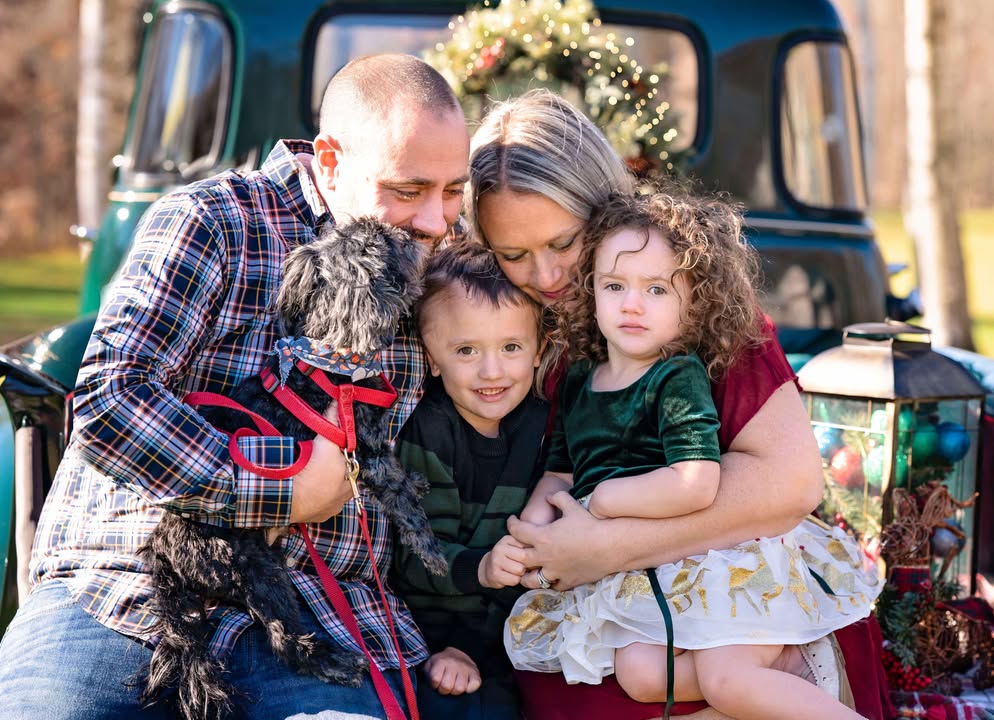
Parent Review
"Connecticut Children’s has been incredibly supportive throughout our journey... Nico even looks forward to coming to the hospital because of how amazing the staff is at Connecticut Children’s." -Michelle, Nico's Mom
Convenient Care
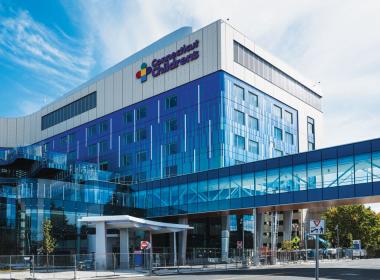
Connecticut Children’s Medical Center – Hartford
282 Washington Street
Hartford, CT06106
United States
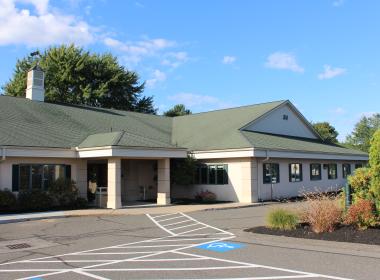
Connecticut Children’s Specialty Care Center – South Hadley
84 Willimansett Street, Suite 3
South Hadley, MA01075
United States
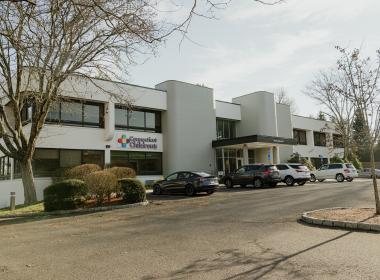
Connecticut Children’s Specialty Care Center – Westport
191 Post Road West
Westport, CT06880
United States
Request An Appointment
New Neurosurgery Patients
Please complete the form to request an appointment. We will contact you shortly to schedule your appointment.
Existing Neurosurgery Patients
If you've been seen by a Connecticut Children's Neurosurgeon in the last three years, please call the specialty.
